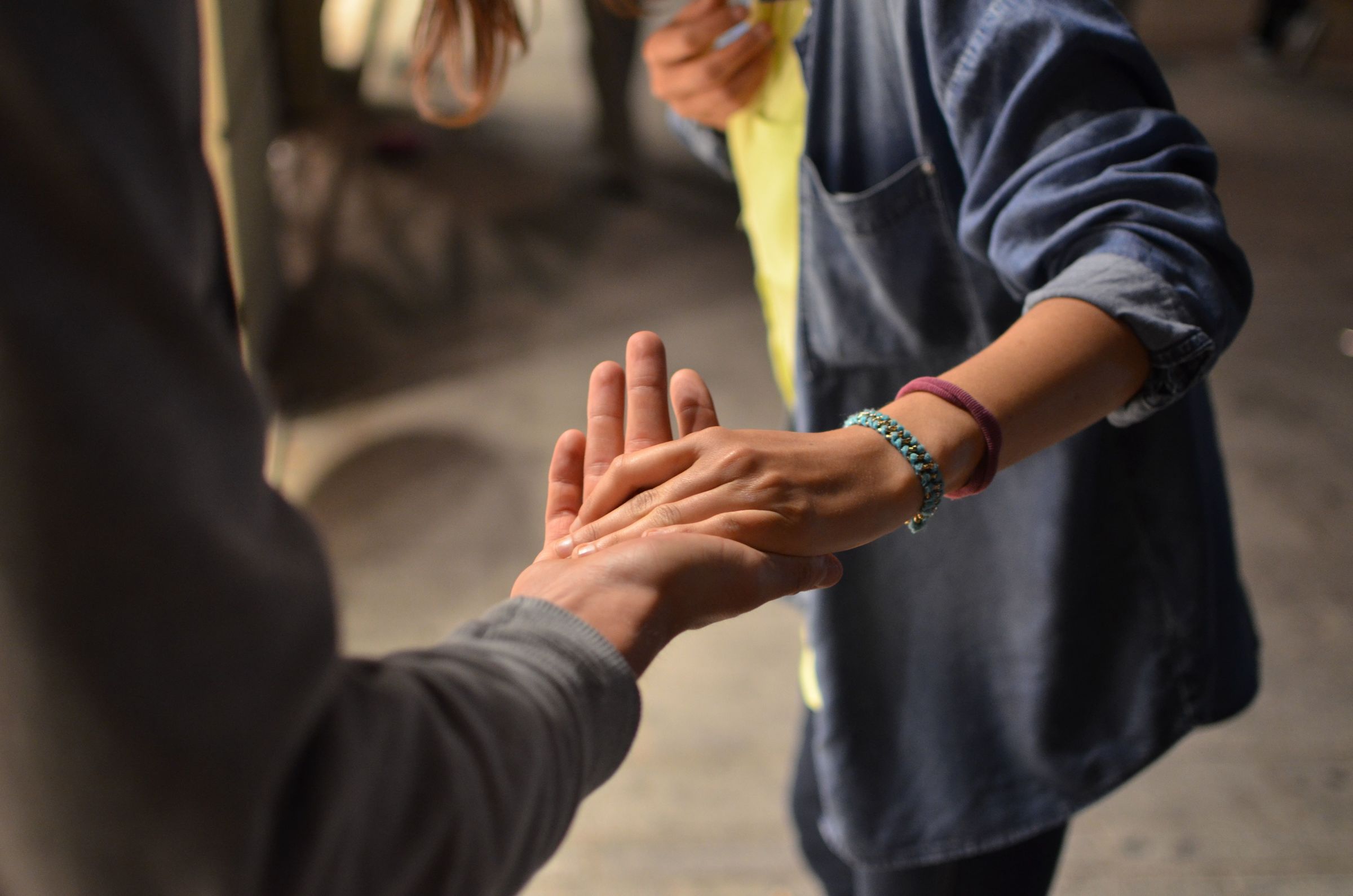
Robert Putnam, professor of Public Policy at the Harvard Kennedy School, published a comprehensive study of the state of community in the U.S. today. Interestingly, he uses the number of bowling leagues in a town as an indicator of community strength. Sadly, he finds Americans are less likely to participate in basic civic duties today and that membership in local organizations (such as the Red Cross, Boy Scouts, or even PTA chapters) has declined significantly over the years. To sum up his findings, he relays that, while Americans are more likely to go bowling, they are less likely to participate in bowling leagues--today more than ever, we would rather bowl alone. Relatedly, NYT columnist Nicholas Kristof published a piece recently on the war against loneliness, which importantly frames weakening communities as a major health issue.
Identifying enduring solutions to poverty is difficult work--by engaging directly with local, community nonprofits, LEO acknowledges that the best solutions will be from the bottom up. Local nonprofits are embedded with local leaders and champions who feel a deep, personal calling to build and strengthen their communities. Their thorough understanding of local community contexts, capacity for innovation, and dedicated leadership render them best equipped in the fight against poverty. Investing time and resources in local nonprofits is investing in impact.
Still, we have a long way to go in strengthening our communities and repairing the American social fabric. The Aspen Institute recently began Weave: The Social Fabric Project, an initiative which seeks out and highlights the lives of the quiet community leaders who are tirelessly working to build stronger local connections. We can learn a lot from these community builders--by studying their great examples, we find that "weaving" is not so much a grand action but rather a set of everyday choices. How do we keep community at the forefront of our work? How do we structure our lives so that are able to choose the "other," again and again? Do we recognize our own Calcuttas? Are we our brothers' keepers?
Happy weaving, happy connecting.